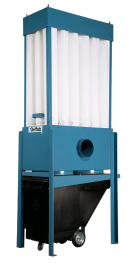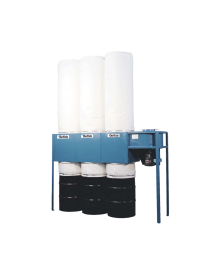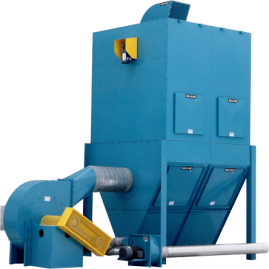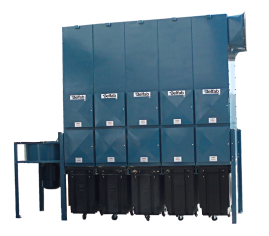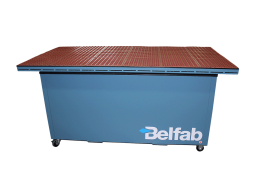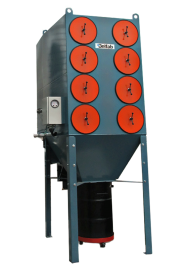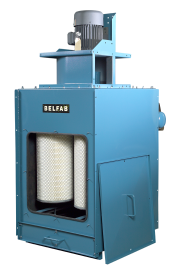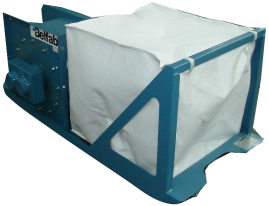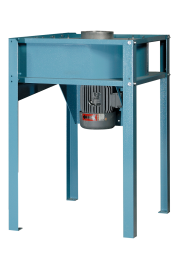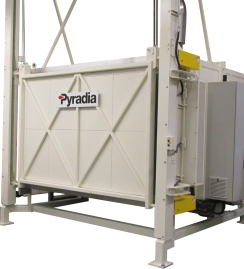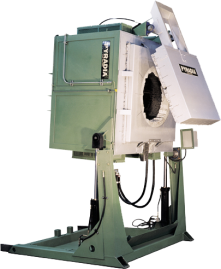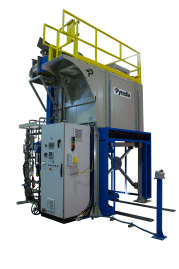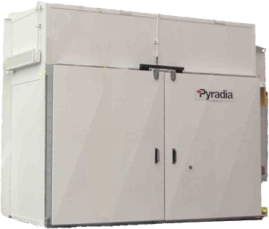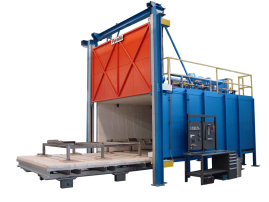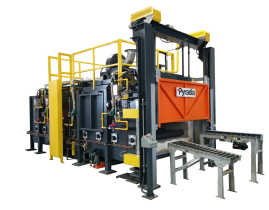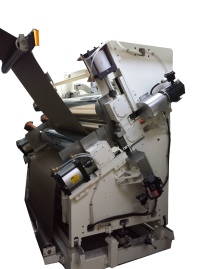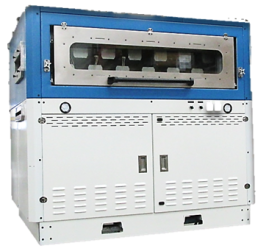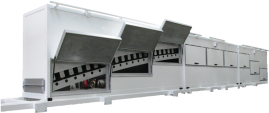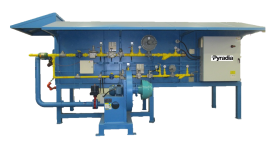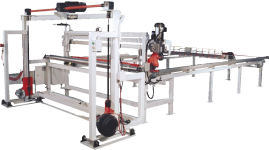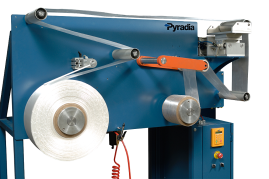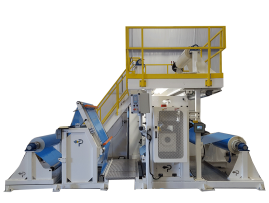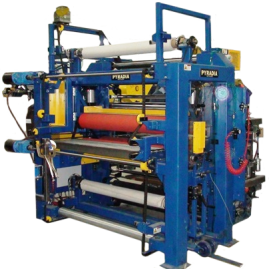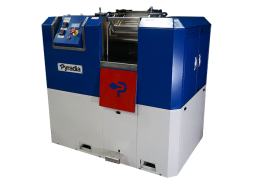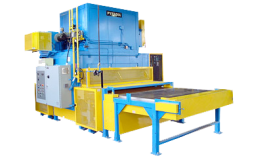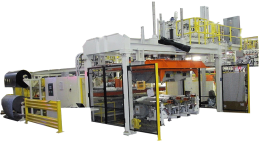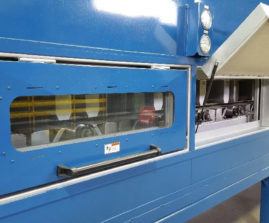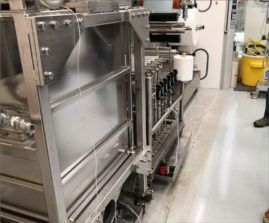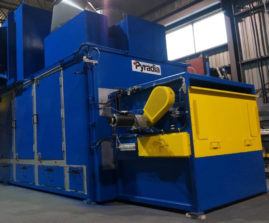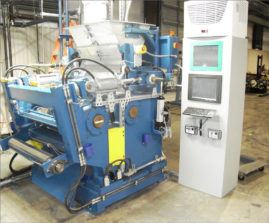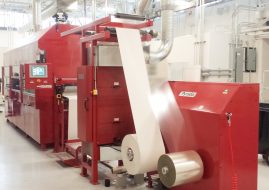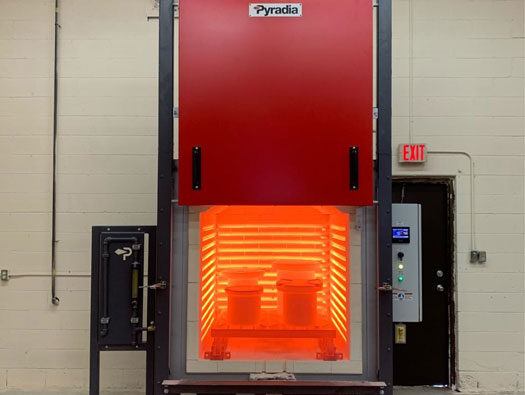Choosing an electric furnace over natural gas-fired for industrial heat treatment applications can be an essential step towards a more sustainable future, for a number of reasons.
1 – Energy efficiency
Electric furnaces are generally more energy-efficient than natural gas furnaces. They can convert a higher percentage of the energy consumed into usable heat, reducing energy waste and operating costs. This is particularly important in the context of sustainable development, as it minimizes resource consumption.
2 – Fewer emissions
Electric furnaces produce no direct emissions at the point of use, because they do not burn fossil fuels. On the other hand, natural gas furnaces emit greenhouse gases and other pollutants, contributing to air pollution and accelerating climate change. By opting for electric heating, you can significantly reduce your carbon footprint and the environmental impact of your activities.
3 – Compatibility with renewable energies
Electric heating can easily be powered by renewable energy sources such as wind, solar or hydroelectric power. This means that as the grid becomes greener, your electric furnace becomes even more sustainable. With natural gas, the carbon footprint remains relatively constant, as it depends on a limited, carbon-intensive fuel source.
4 -Precision and control
Electric furnaces offer precise temperature control and uniform heating. They can maintain constant temperatures within tight tolerances, which is crucial for many heat treatment applications, such as annealing and tempering. Natural gas furnaces require more adjustments and can cause temperature variations if gas burners are not well maintained.
5 – Safety
Electric heating is inherently safer than natural gas heating, because there are no open flames and no risk of gas leaks. This is particularly important in environments where safety is an absolute priority.
6 – Space and installation
Electric furnaces often take up less space and can be easier to install and integrate into existing industrial processes. Natural gas furnaces require infrastructure for fuel supply, such as gas pipes, which can be costly and complex to install.
7 – Low maintenance
Electric heating systems often require less maintenance than natural gas systems. The result is fewer repairs, less downtime and lower associated costs, contributing to a more sustainable, cost-effective and reliable industrial process.
8 – Regulatory compliance
Many regions are implementing stricter environmental regulations, such as emissions caps and carbon taxes. By opting for electric heating, you can more easily comply with these regulations, avoiding potential penalties or legal problems.
9 – Long-term savings
Although the initial investment in electric heating equipment may be higher, long-term operating and maintenance savings, combined with potential incentives and rebates for sustainable practices, can translate into significant cost savings over the lifetime of the equipment.
In conclusion, choosing an electric furnace for industrial heat treatment applications is a first step towards achieving a more sustainable future.
It is important to note that the choice between an electric and a gas furnace should be based on a thorough analysis of your specific industrial heat treatment needs, including factors such as temperature requirements, throughput, operating costs, environmental regulations, safety concerns and available infrastructure.
Do you have questions about purchasing your next industrial furnace? Contact us today.


